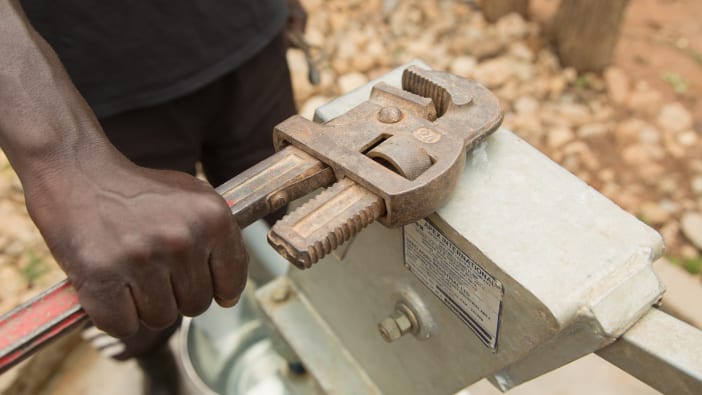This Bible study helps us to think about how we should live responsibly and set a good example to those around us.
Read Genesis 2:4-25.
- What does God provide for Adam’s benefit?
- What responsibilities does God give to Adam?
- What does this passage say about the way God intends us to care for the environment and those around us?
Read Deuteronomy 23:12-14.
In this passage, God is speaking through Moses to the Israelites about safe excreta removal. This command was given so that the camp would be kept holy (verse 14), but the practice would also have kept the camp healthy. Infections like dysentery, diarrhoea, intestinal worms, typhoid fever, and ringworm are a result of bad hygienic practices, and these can be prevented.
- How much do our sanitation practices and personal hygiene show that we care about our own health and the health of our families and communities?
- What action can we take to show others how to practise good sanitation and hygiene?
Christians have the challenge of being salt and light in the world (Matthew 5:13-16). As followers of Christ, we should set a good example. Some people have said that ‘cleanliness is next to godliness’.
- How well have we maintained our homes? It would be bad if our homes were breeding places for animals, such as flies and rats, which carry diseases. We would be responsible for the lives of our neighbours if any of them acquired diseases as a result of our unhygienic environments.
Rev Canon George Bagamuhunda is a Water Engineer and works as a Programme Coordinator of the Water and Sanitation Programme for the Diocese of Kigezi in Uganda. Email: [email protected]









